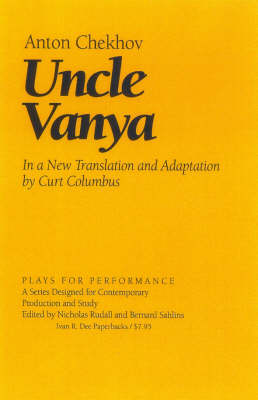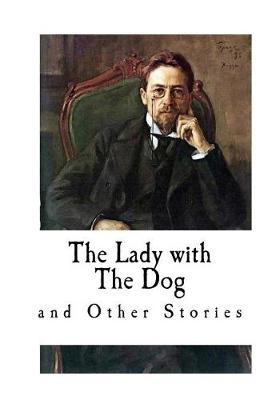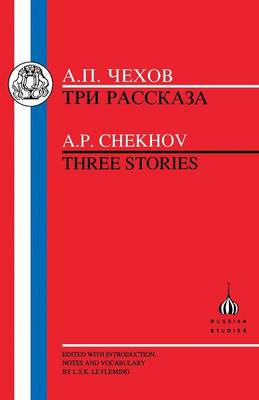Russian Texts
7 total works
Chekhov's penultimate play has inspired a bewildering variety of
interpretations - both in criticism and in performance - since its
premiere at the Moscow Arts Theatre in 1901. Tri sestry has
been viewed both as tragedy and comedy, as a testimony for the eternal
yearnings for love, happiness and meaning, and as a devastating
indictment of the folly of inert gentility. Its characters have been
seen as worthy embodiments of the universal 'human condition', or as
passive products of pre-revolutionary Russian privilege. Either way,
the sisters are poignant reminders of human disappointment,
frustration, loneliness and the passage of time. The play remains a
firm favourite with audiences, both in Russia and in the
English-speaking world, and must be considered a fundamental work of
twentieth-century European drama.
Anton Chekhov has long been regarded as the master of the Russian short story and one of the leading exponents of the genre in world literature. This volume comprises the classic selection edited by Birkett and Struve, in Russian, here furnished with a new bibliography, and complements the stories and plays by Chekhov already available in the BCP Russian Texts series. The twelve stories, which date from 1883 to 1896, range from miniatures of comic levity such as Tolsttyi i tonkii to stories of sophisticated maturity such as Dom s mezoninom. The stories included are as follows (titles given in English translation): Fat Man and Thin Man; The Boys; A Test for Rank; A Failure; A Little Joke; The Blank Catch; The Beauties; The Student; At Yuletide; An Incident in Practice; Anna Round the Neck; The House with the Mezzanine.
This book contains the Russian text of Chekhov's Three Stories and is accompanied with an introduction and notes.



